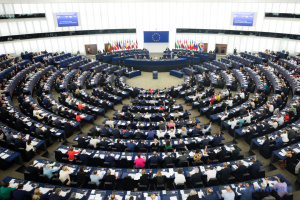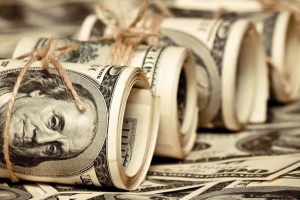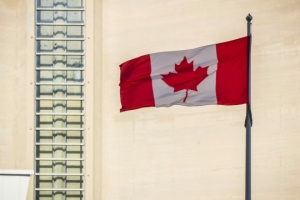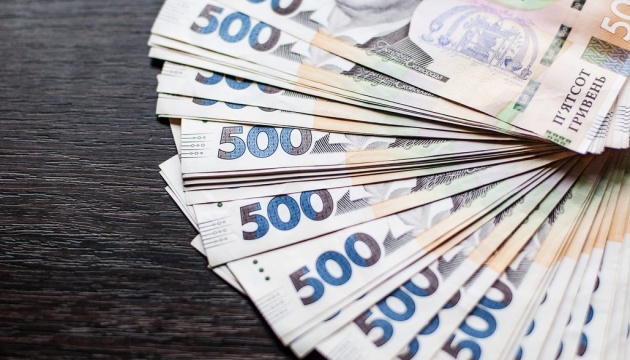
Ukraine wants to increase its own revenues by 0.5% of GDP: how?
The Ministry of Finance is preparing a draft law to finalise proposals to increase this year's state budget revenues. The goal is to provide additional revenues of at least 0.5% of annual GDP. According to the Ministry of Finance, the proposed measures will help to accumulate UAH 44.2 billion. However, everyone agrees that this will not be enough even if the country's defence needs increase significantly and international financial assistance decreases. Therefore, the country must also take care of Plan B - how to earn more money and save money despite the war.
FIRST STEPS, MODERATE ONES
The first of the proposed areas is, as they say, obvious: increasing tax revenues. We are not talking about a radical increase in tax pressure, yet the incomes of some categories of Ukrainians may be significantly affected by additional financial obligations to the state. For example, owners of petrol stations are expected to face significant changes in the mechanisms and timing of tax payments: it is proposed to introduce monthly advance payments of income tax by fuel retailers.
"This will follow the example of the 'exchangers', for which such a mechanism has been in place since the beginning of last year. Because there are a lot of petrol stations in the country that operate without making a profit on paper. Given the marginality of the fuel business, this cannot be the case in reality. That is why the Ministry of Finance sees the regulation of this segment as a reserve. And I agree with them," Danylo Hetmantsev, chairman of the Parliamentary Committee on Finance, Taxation and Customs Policy, told Ukrinform.
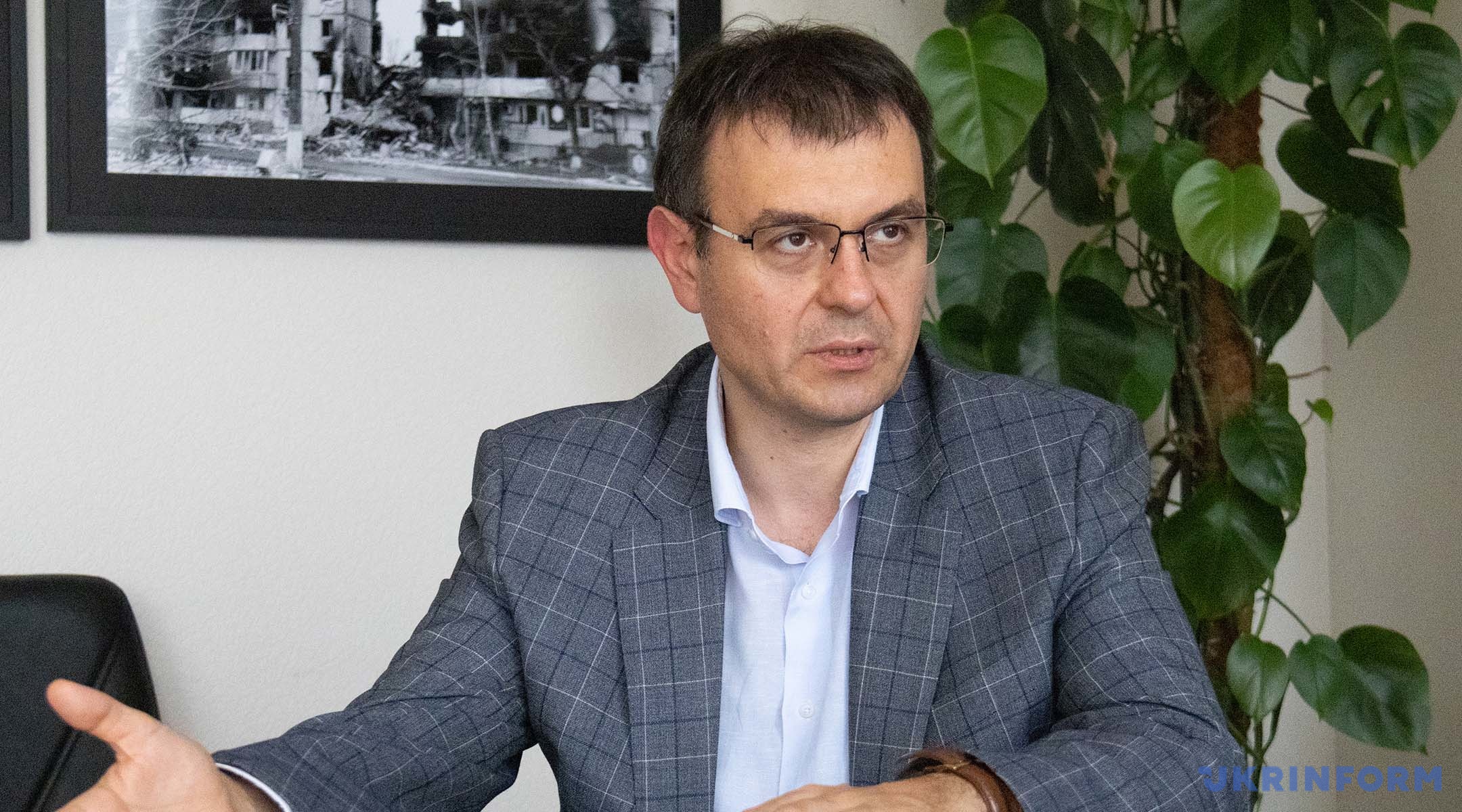
The approach to taxation of individual entrepreneurs of the first, second, third and fourth groups, as well as legal entities - corporate income tax payers and single tax payers of the third and fourth groups - will also change: they will be obliged to pay military duty. The tax rate has not yet been officially announced. It is possible that at the first stage they will settle on a 1.5% military tax rate common to all. However, there have long been messages about the need to increase this rate to 3%.
An additional military duty is also to be introduced for buyers of precious metals and cars subject to the first state registration in Ukraine, real estate sellers, retailers of gold, platinum and precious stone jewellery, and mobile phone operators.
"The proposals also envisage bringing the excise tax on fuel in line with the minimum EU standards, introducing an excise tax on water, including mineral and carbonated water, with the addition of sugar or other sweetening or flavouring substances, and expanding the list of excisable goods by imposing an excise tax on cannabis plants," the Ministry of Finance added.
Tax rates in these segments are also still being discussed. Earlier, according to some media reports, it was proposed to levy 1.5% of the value of precious metals, 30% of jewellery, and 10% of movable property.
Commenting on such proposals, Ilya Neskhodovskyi, Head of the Analytical Department of the Network for the Protection of National Interests of the ANTS, in a conversation with an Ukrinform journalist, expressed doubts that the introduction of additional high taxes without parallel radical steps to bring these market segments out of the shadows would have a positive effect.
"Let's take the same 'jewellery'. This market is extremely shadowy. Even in large official chains, there are individual entrepreneurs who optimise taxes and have opportunities for various manipulations. They will find a way around the new tax. Instead, its "draconian" rate of, say, 30%, as mentioned earlier, will simply stop the "white" market. People will buy goods outside of official stores, and a 30% price difference will be a strong argument in favour of the black market, even for those who understand how harmful its work is for the country," the economist believes.

Taras Kozak, president of the Univer Investment Group, is also quite pessimistic. If the current corrupt status quo remains, the Ministry of Finance's ideas may not work. Therefore, the aforementioned UAH 44 billion will remain just numbers on paper.
"I think such an innovation will, among other things, allow our 'not rebooted' law enforcement officers to earn much more than the budget will receive. I agree that the relevant proposals of the Ministry of Finance can be supported. But they will only work if law enforcement agencies fully protect the interests of the state, not their own pockets," the investment banker said in a comment to Ukrinform.
THE NEXT STEPS ARE LIKELY TO BE RADICAL
However, it should be understood that due to the growing need to finance security and defence, Ukraine will need much larger amounts of money, and will need to find significant reserves, which, unfortunately, cannot be provided by the proposed point solutions. As early as last autumn, when the financial alarm bells sounded from overseas, the Ministry of Finance began discussing Plan B - finding opportunities for additional income and limiting government spending.
Experts estimate that even with a more or less favourable situation with financial assistance from the US, the country may lack at least UAH 400 billion, ten times more than the amount planned to be raised through the measures proposed by the Ministry of Finance. In this case, it seems that an extremely unpopular and risky step, which is likely to increase the shadow economy, will be necessary - raising the rates of basic taxes, VAT and military tax on personal income. And the options for such changes are very limited. According to estimates, a one per cent increase in VAT would potentially bring UAH 35 billion to the budget, and a military tax would bring UAH 27 billion. It is clear that no one is likely to increase VAT from the current 20% to, say, 25-27%, and military duty from 1.5% to 5%, because it will have the opposite effect. We are talking about the same shadowing and the risks of social unrest.
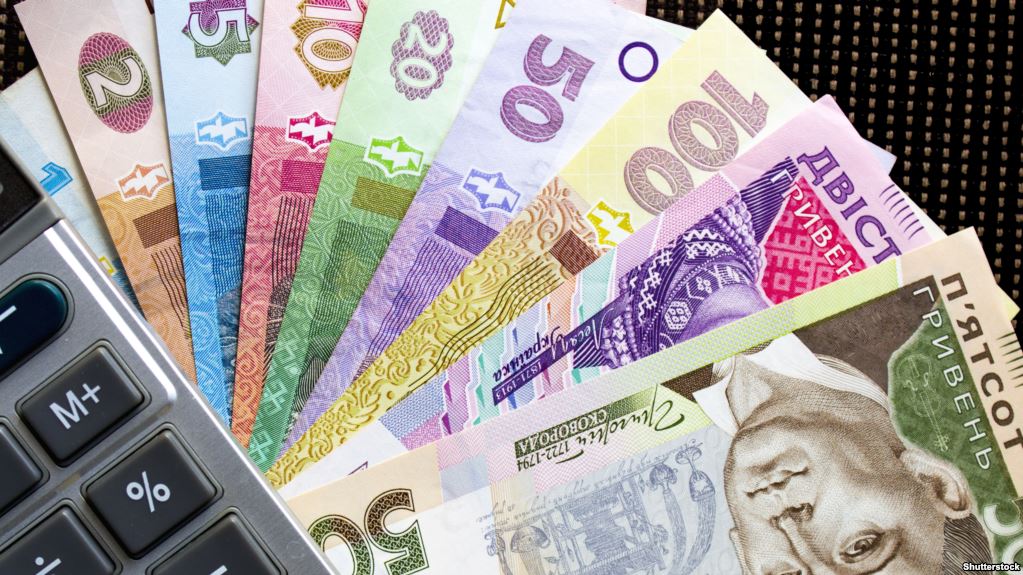
"It is impossible to increase budget revenues simply by raising tax rates. After all, our economy is balancing on a so-called 'grey' level, with a large part of it in the 'shadows'. There are international studies that show that before the war this figure reached 35-40%. During the war, this figure hardly decreased. Therefore, a mathematical increase in the tax rate could lead to a reduction in revenues, as most of the economy will go into the shadows. Therefore, I would not recommend playing around with this," comments Taras Kozak.
Instead, he sees the prospect of better tax administration. "Studies by various NGOs and economic centres show that there are huge reserves for increasing revenues, for example, at the Customs. The second area is excisable goods - alcohol, fuel, tobacco," says the investment banker.
Danylo Hetmantsev reminds that we already have some victories over schemes in the fuel and alcohol markets, but there is still a lot to work on in the tobacco segment. And law enforcement should focus on this area.
"Thanks to the introduction of fines for non-use of cash registers, we have overfulfilled the VAT budget, and businesses are showing an increase in average checks. Plus, the Customs, its reboot, and completion of the reform. This is a huge resource for the state budget. We are talking about UAH 100-120 billion a year," the MP said.
According to Ilya Neskhodovsky, it is finally time for the state to start a real fight against all kinds of shadow schemes - regardless of whether the task of accumulating an additional resource of UAH 40 or 400 billion is formally set.
"It is very important to choose the right head of the Bureau of Economic Security. This institution should work properly, not by putting pressure on individual, mostly "white" businesses, but by systematically fighting the "shadow". Finally, it is time to close down illegal tobacco factories and petrol stations that sell "bogus" petrol once and for all. And then we really need to work on the tax burden. But not in the way we have been used to suggesting until now, automatically raising taxes and thus driving more and more of the economy into the shadows," the economist is convinced.
In his opinion, the tax system should be streamlined starting with foreign trade. The NBU's proposal to increase or introduce additional duties on non-critical imports could help.
"Currently, our foreign trade deficit is USD 26 billion. The introduction of additional duties will help reduce this imbalance. After duties, there is the issue of excise taxes. Their increase will help to increase state budget revenues," Neskhodovsky added.
In particular, an increase in excise taxes on tobacco could bring in an additional UAH 36 billion a year to the budget.
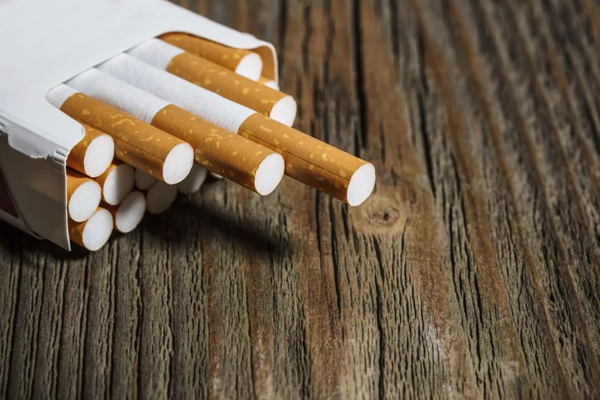
"The key to success is not an increase in tax rates, but an increase in taxpayer discipline. In particular, this will be achieved by ensuring that bodies such as the Customs or the Bureau of Economic Security work for the state, not for their own pockets. I believe that this is the main area that the state should be concerned with," Taras Kozak concluded.
MODERATE DEVALUATION AND REDUCTION OF THE KEY POLICY RATE ARE THE STEPS EXPECTED FROM THE NBU
According to Danylo Hetmantsev, the most important task for the country in the financial sector today is to find a macroeconomic balance.
"Undoubtedly, we understand that macro-financial stability is a victory for Ukraine. In fact, in the foreseeable economic history, there has never been a country that had such a stable currency and such a controlled inflation rate in times of war. At the same time, a further slowdown in inflation entails certain risks for both the budget and the economy as a whole, as does an excessive strengthening of the hryvnia (UAH). The NBU's high key policy rate is already having a negative impact on economic development," said the Chairman of the Parliament's Finance Committee.
Ilya Neskhodovsky also supports the idea of moderate devaluation.
"Yes, many of my colleagues criticise the devaluation way of filling the budget. But I disagree with their assessments. It is precisely because the National Bank, contrary to market trends, strengthened the national currency last year that we lost billions of hryvnias, because this strengthening was not justified in terms of supply and demand," the economist believes.
He also sees potential in reducing the NBU's discount rate, given that inflation in the country has fallen below 5%.
"If the National Bank cuts the discount rate to an adequate level and reduces the yield on deposit certificates, banks will not have a profitable alternative to government bonds. And given that they are in no hurry to increase lending to the real sector, banks will buy government bonds to finance the needs of the state. According to "modest" estimates, there are at least UAH 400 billion of free funds," the expert added.

According to Taras Kozak, at least UAH 100 billion of bank reserves can be reallocated to government bonds. Domestic securities, unlike foreign ones, whether in hryvnia or in foreign currency, are in demand.
"This is not the budget's emission revenues, but banks will invest more in government securities, reducing the volume of deposit certificates. But it depends on the National Bank, on its willingness to do so," says the investment banker.
There is also a possibility of additional investment in government bonds and money from the public. According to Hetmantsev, no one knows for sure how much "free" cash people have now.
"But before the war, we estimated that Ukrainians had about USD 50 billion in cash on hand. So we are really talking about huge sums. However, whether people are ready to give them away by investing in government bonds is another question. It is also true that domestic government bonds are a fairly powerful source of financing the budget deficit. And I agree that it is also an important task to try to increase the attraction of free funds into this instrument," the MP said.
He also supports the idea of resuming large-scale privatisation despite the war, as announced by Prime Minister Denys Shmyhal at his annual press conference. The priority objects include the United Mining and Chemical Company, Odesa Port Plant, Centrenergo, and state-owned coal mines.
The "big privatisation" was formally put on hold after the start of the full-scale invasion in February 2022. Although let's be honest - it hasn't been very lively before, because among the objects mentioned, it is not difficult to recognise those that have been "privatised" for ten or fifteen years - but have not reached the finish line," the parliamentarian reminded.
According to him, privatisation can be beneficial both by reducing government spending on unprofitable enterprises and by providing additional - albeit not the maximum, as it could be in peacetime - resources for the budget.
"On the one hand, in the context of the war and the shortage of funds, we can no longer afford the burden of multi-billion dollar 'assets' that are actually liabilities, generate very poor results, and most importantly, have no prospects if the status quo is maintained. On the other hand, we really need funds to finance the main item of expenditure, defence, and if in the course of small-scale privatisation we received more than UAH 360 million for only three objects (two "design institutes" that have not been "designing" anything for their industries for a long time, and one state-owned enterprise with 17 warehouses on its balance sheet) in 2024, we can expect more as a result of the sale of large-scale privatisation objects," Hetmantsev predicts.
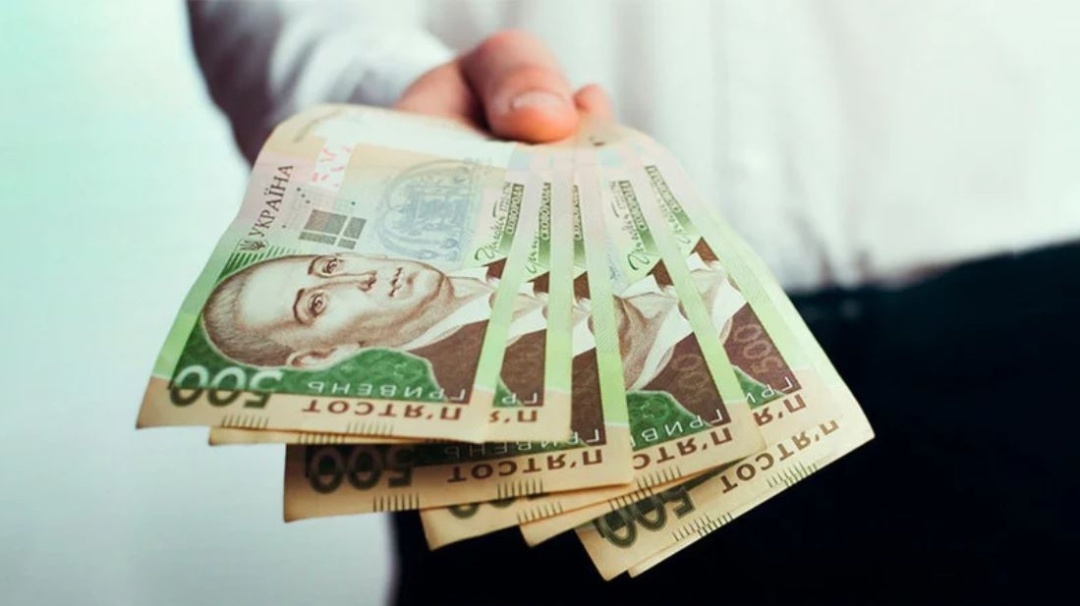
And something about using the resources of local communities. Taras Kozak is convinced that even with the decision made last year to redistribute part of the "military" personal income tax to the state treasury, some (not all) local budgets have additional resources to support the Defence Forces.
"Many have the funds. Moreover, cities and regions are ready to help the army. But there is another problem. The Budget Code stipulates that, for example, we cannot directly fund the needs of military units from the Kyiv city budget. We have to transfer these funds to the state budget as a subvention, and they are spent there through lengthy procedures. But there are urgent needs of military units that need to be addressed very quickly. Therefore, it is necessary to amend the Budget Code so that local authorities can respond quickly to the urgent needs of the military units under their care," the economist believes.
According to him, cities could set up the same repair work in their own areas. This would also create jobs, and part of the funds invested would be returned to the state and municipal treasury in the form of taxes.
These and probably other steps are currently being discussed in the government. It is difficult to predict which of the proposals will form the basis of future draft laws on amendments to the state budget. Undoubtedly, everything will depend on the course of events at the frontline and on when the issue of overseas financial assistance, which is vital for us, will finally be dotted. We hope that common sense and awareness of the decisive moment for the future of humanity in confronting the aggressor will help to make positive decisions for Ukraine. But we must prepare for belt-tightening, just in case.
Vladyslav Obukh, Kyiv

